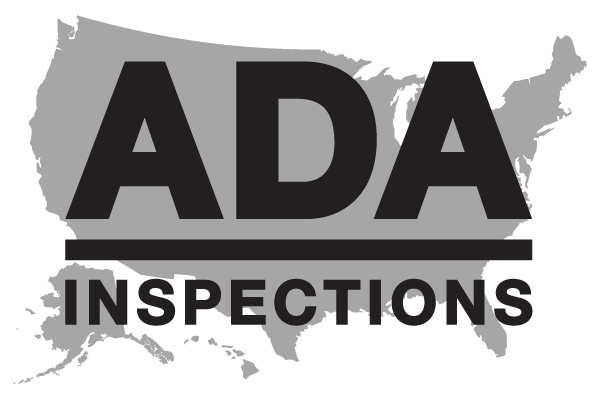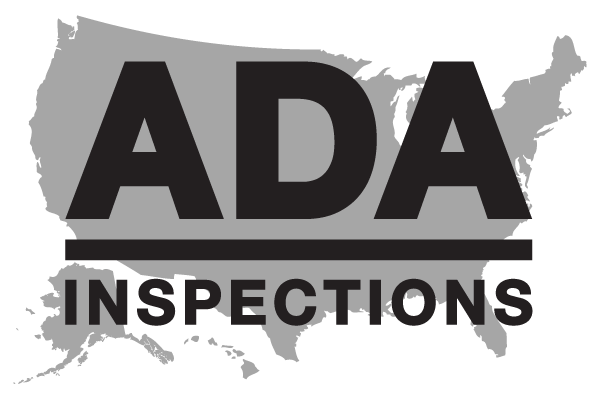Washington State Supreme Court Rules Obesity is an Impairment and Disability
CERTIFICATION FROM THE UNITED STATES COURT OF APPEALS FOR THE NINTH CIRCUIT
CASEY TAYLOR and ANGELINA TAYLOR
Versus
BURLINGTON NORTHERN RAILROAD HOLDINGS, INC.
No. 96335-5
On July 11, 2019, the Washington State Supreme Court ruled that obesity is an impairment and disability, in the State of Washington, referencing the case of Casey Taylor (Taylor) vs Burlington Northern Railroad (BNSF).
In 2007, Casey Taylor received a conditional offer of employment as an electronic technician for BNSF Railway Company (BNSF). The offer was contingent on a physical exam and a medical history questionnaire. The physical exam found that Taylor "meets minimum physical demands of the essential functions of Electronic Technician."
At the time Taylor self-reported his height as 5 feet 7 inches and his weight as 250 pounds, resulting in a body mass index (BMI) of 39.2. However, a medical exam found that Taylor's height was 5 feet 6 inches and his weight was 256 pounds, resulting in a BMI of 41.3. At BNSF "A BMI over 40 is considered 'severely' or 'morbidly' obese, and BNSF treats a BMI over 40 as a 'trigger' for further screening in the employment process." BNSF told Taylor it was unable to determine whether he was medically qualified for the job "due to significant health and safety risks associated with extreme obesity and uncertain status of knees and back."
BNSF offered to reconsider if Taylor paid for medical testing including a sleep study, blood work, and an exercise tolerance test. Taylor believed these tests would cost, at least, a few thousand dollars. At the time, he was unemployed and did not have medical insurance or United States Veteran's Administration benefits. He could not afford the testing. BNSF told Taylor that it was company policy to not hire anyone who had a BMI of over 35 and that if he could not afford the testing his only option was to lose 10 percent of his weight and keep it off for six months.
In 2010, Taylor sued BNSF and Burlington Northern Railroad Holdings Inc., alleging that BNSF violated the Washington Law Against Discrimination (WLAD) by refusing to hire him because of a perceived disability—obesity. Eventually the United States Court of Appeals for the Ninth Circuit certified the following question to the Washington State Supreme Court: "Under what circumstances, if any, does obesity qualify as an 'impairment' under the [WLAD, RCW] 49.60.040?"
The Washington State Supreme Court answered: “We answer that obesity always qualifies as an impairment under the plain language of RCW 49.60.040(7)(c)(i) because it is recognized by the medical community as a physiological disorder, or condition that affects multiple body systems listed in the statute. Obesity does not have to be caused by a separate physiological disorder or condition because obesity itself is a physiological disorder or condition under the statute. Our legislature has made it clear that the WLAD is broader than its federal counterpart, the Americans with Disabilities Act of 1990 (ADA), and we decline to use federal interpretations of the ADA to constrain the protections offered by the WLAD. Therefore, if an employer refuses to hire someone because the employer perceives the applicant to have obesity, and the applicant is able to properly perform the job in question, the employer violates this section of the WLAD.”
For the complete ruling, please see Washington State Supreme Court Rules Obesity is a Impairment and Disability.
SUMMARY
A "disability" under the WLAD, in Washington State, is defined as "a sensory, mental, or physical impairment that: (i) is medically cognizable or diagnosable; or (ii) exists as a record or history; or (iii) is perceived to exist whether or not it exists in fact." The Washington State Supreme Court clarified that merely being overweight is not an impairment, but obesity is. According to Dorsey & Whitney LLP, employees in Washington State making discrimination claims need only show that their obesity is medically cognizable, exists as a record, or is simply perceived to exist by their employer. In reasonable accommodation cases, however, employees in Washington State must show that they actually suffer from obesity.
This ruling has huge implications for employers in Washington State. According to Dorsey & Whitney LLP, employers in Washington State should:
“Maintain an interactive dialogue with employees about accommodations and ways they could perform the job.
Continue training human resources professionals and supervisors regarding employees’ rights and employer’s obligations under the WLAD and federal discrimination laws [especially taking into account this new ruling].”


